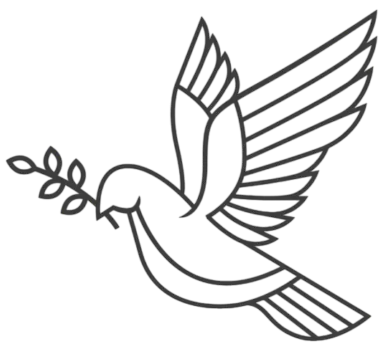
European Commission meeting reiterates that Utah is small, but has significant reach
Originally published in the Deseret News.
I was honored to accompany Gov. Gary Herbert and his economic team on two appointments with the European Commission (EC) in Brussels. We met with three heads of cabinet in the morning and later that afternoon with Vice President Jyrki Katainen, one of the top officials in the EC for economic matters and the former prime minister of Finland.
The setting for these meetings speaks to the formality, seriousness and importance of the European Commission. We sat at a large 40-seat oval table, overlooking the city of Brussels. Each participant had a microphone that would flash a red light when you signaled an interest to speak. Each place setting included a light blue folder with a European Commission logo and pen. A large digital clock was prominently displayed at the front of the room. Four flat screens surrounded the room, each with a moveable camera that could capture the proceedings if desired. To the side of the table were two sections of seating — one a gallery for attending staff and observers and the other a separate glass room where interpreters could sit when needed. The closest replica of the room in our country would be a negotiation room at the United Nations in New York City. The whole setting reminded me that serious things get done here. I paid close attention.
Equally interesting and impressive was the way Maria Asenius, head of cabinet for Commissioner Cecillia Malmstrom, facilitated the dialogue. She spoke English, but with a Swedish accent, and welcomed the Utah delegation to the room. Not surprisingly, she mentioned the Transatlantic Trade and Investment Partnership (TTIP), within the first few sentences. This is clearly thetop-of-mind issue for the European Commission.
Herbert began his remarks by reminding the heads of cabinet about the motto from Bill Clinton’s 1992 presidential campaign: “It’s the economy, stupid.” Herbert rephrased it and said, “It is the economy and we are not stupid,” and then proceeded to describe the economic transformation he’s led in Utah since taking the reins as governor in 2006. When Herbert came into office, Utah unemployment measured 9.4 percent. Today it stands at 3.4 percent. He proudly told the EC representatives that Utah now has the top-performing economy in the United States.
While the commissioners were interested in Utah’s economic success, they were more interested in Herbert’s incoming role as chairman of the National Governors Association (NGA). They also seemed to like that we were Utahns and had the ear of Sen. Orrin Hatch. Time and time again I’m reminded of how valuable Hatch’s leadership roles as Senate pro tempore and chairman of the Finance Committee are to our state. Utah is a small state with significant reach.
Herbert said, “The best hope for world peace is economic trade. Trade fosters better relationships with the world.” Asenius, the leader of the European delegation, said, “Your words are music to our ears.” She then proceeded, “We too have endured this cruel recession and we are now ready to go. Our mantra here is jobs and growth.”
Herbert pledged his support of TTIP and committed to work in his leadership role with NGA to be helpful. Both parties agreed free trade and better regulation were the priorities. Herbert reminded the group that the transatlantic economy is the most important partnership in the world. It’s something Herbert calls “the proverbial win-win.”
While the European social model is different than the United States, we all left with a sure sense of purpose. As Americans these are some of our greatest friends in the world. And as Utahns, we can be proud of our relevance and leadership in this friendship.
Our next visit will be to honor 13 Utahns who were killed in World War II and are buried in the U.S. cemetery in Luxermbourg. Herbert will be placing a wreath at the monument as the rest of us say a silent prayer of gratitude for the devotion and sacrifice they gave for such a noble cause.
NOTE: The attendees from the European Commission at our meeting included the following:
Maria Asenius, head of cabinet, European Commission
Cabinet of Commissioner Cecillia Malmstrom, commerce
Antonio Vicente, head of cabinet, European Commission
Cabinet of Commissioner Carlos Moedas: Research, Science and Innovation
Matthew Baldwin, head of cabinet, European Commission
Cabinet of Commissioner Jonathan Hill: Financial Stability, Financial Services and Capital Markets Union

